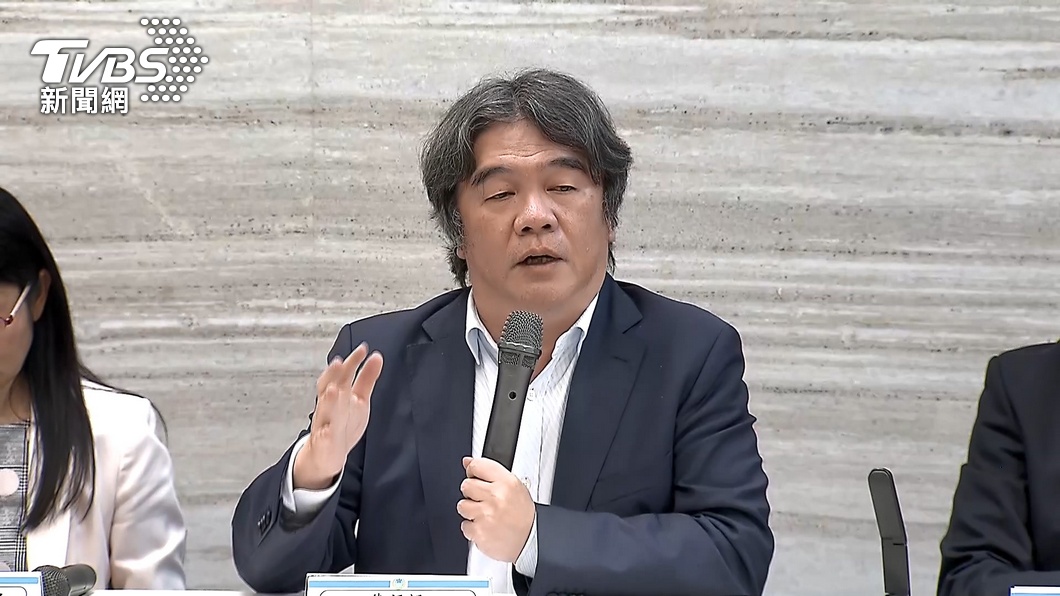TAIPEI (TVBS News) — A significant development has emerged in the suspected food poisoning case at Polam Kopitiam, with the Ministry of Health and Welfare (MOHW) announcing Thursday night (March 28) that "Bongkrekic acid" was found in the bodies of the deceased, marking the first such case in Taiwan.
To avoid discrepancies in case reporting between local and central authorities, the MOHW will announce case numbers daily at 10 a.m., said Deputy Minister Wang Pi-sheng.
He added that samples from hospitalized patients and suppliers will be tested, but contamination may be limited to a specific batch.
Next week, when the Bongkrekic acid standard substance arrives, all food samples, including those from hospitalized patients, will be tested. Environmental samples from Polam Kopitiam will also be examined for bacterial cultivation, a process that could take more than two weeks.
Bongkrekic acid is highly toxic, with experts warning that a minuscule amount of 1.5 milligrams could be lethal.
Chiang Chih-kang, a professor at the National Taiwan University Graduate Institute of Toxicology, said that the quantity of Bongkrekic acid decreases by half every four days, and the mortality rate can range from 30% to 100%.
Bongkrekic acid rapidly increases in environments between 22 and 33 degrees Celsius, potentially causing dizziness, vomiting, and abdominal pain. It severely affects the liver and kidneys and cannot be removed or destroyed.
The Food and Drug Administration (FDA) has urged the public not to consume fermented starch foods that have been improperly stored for a long period. As of 5 p.m. on March 28, 18 cases of poisoning have been reported, with two deaths and five people in intensive care.
While the MOHW continues to investigate the cause of the poisoning, Wang emphasized that the presence of Bongkrekic acid does not necessarily indicate the final conclusion.
At present, the Polam Kopitiam case is still under investigation.



